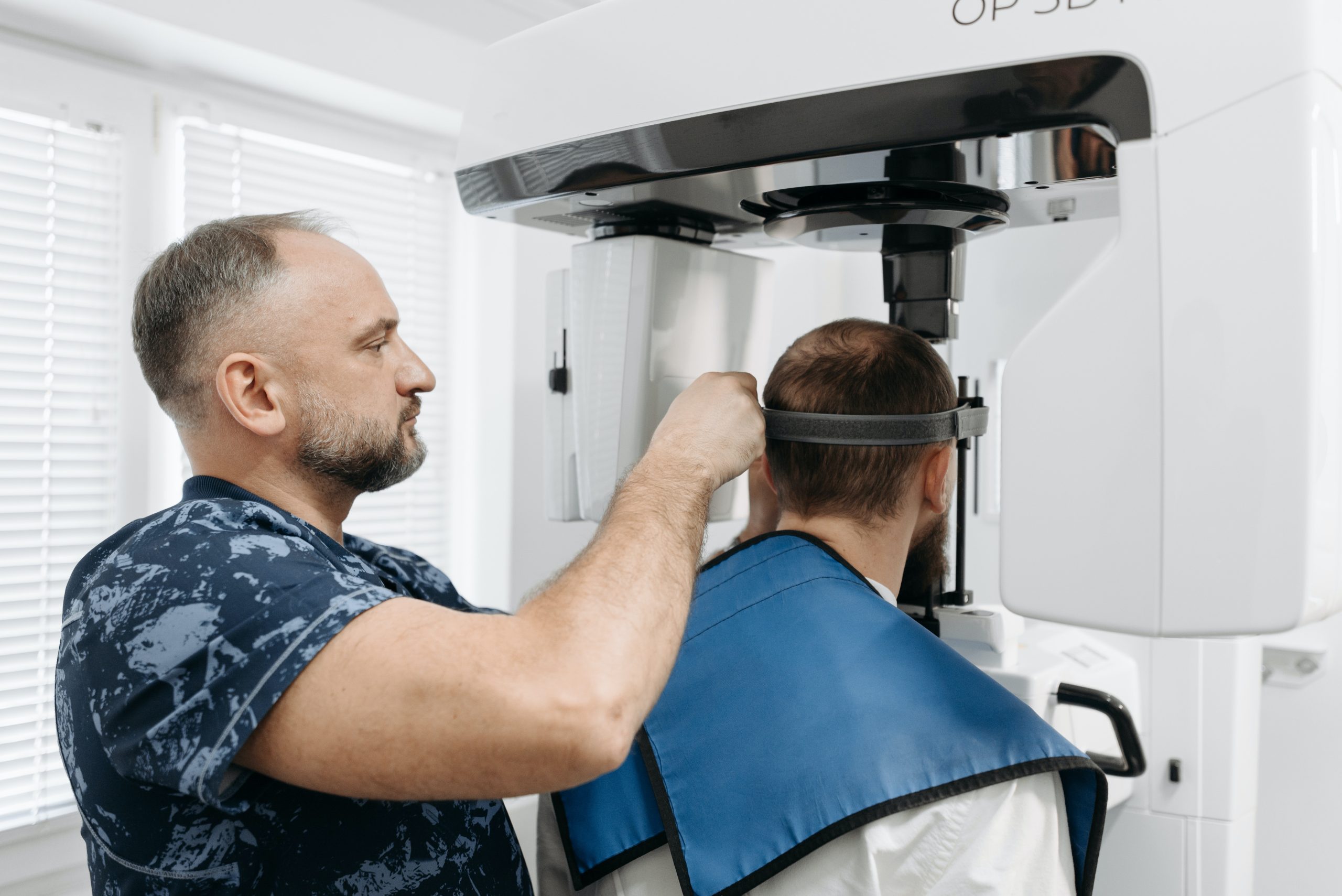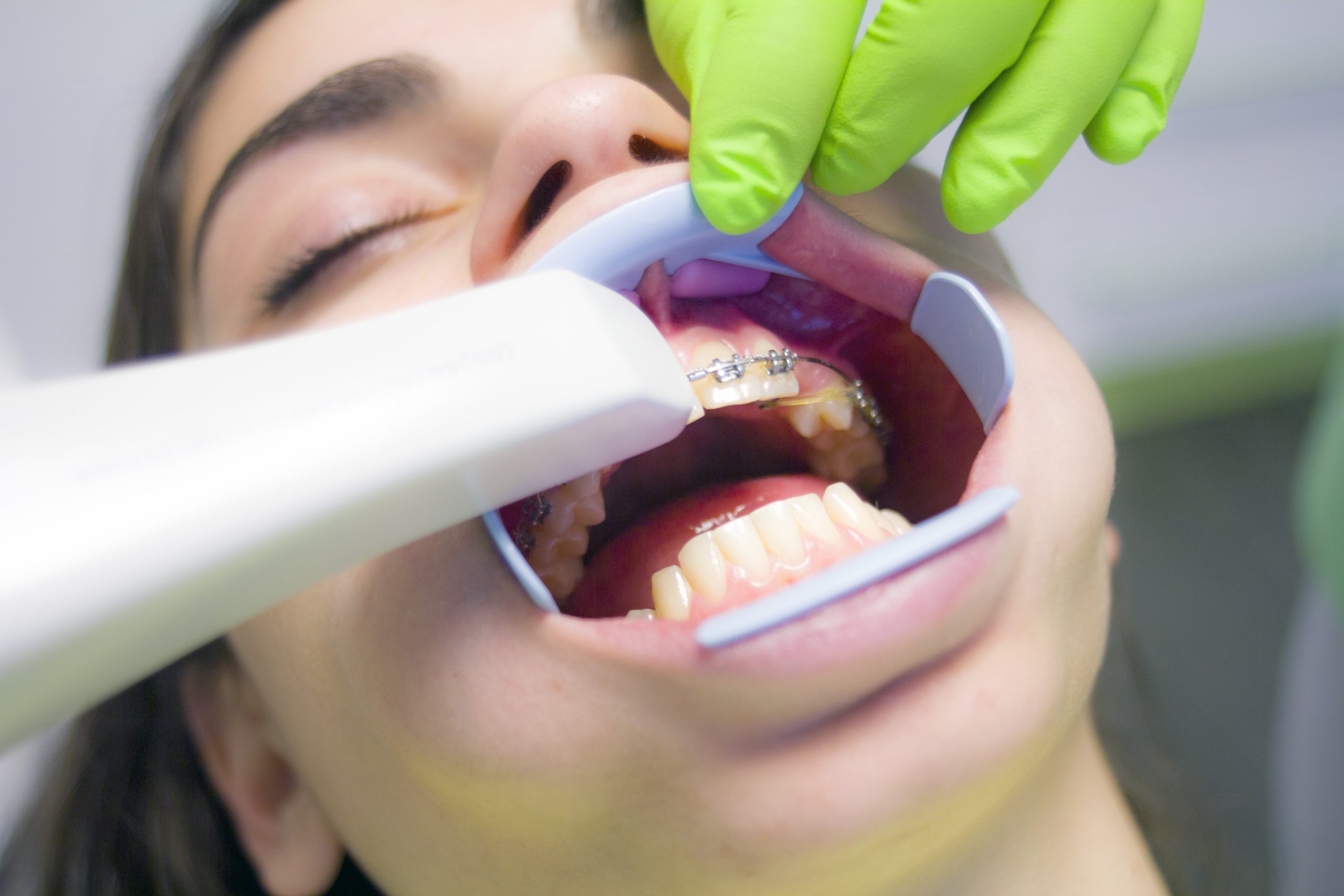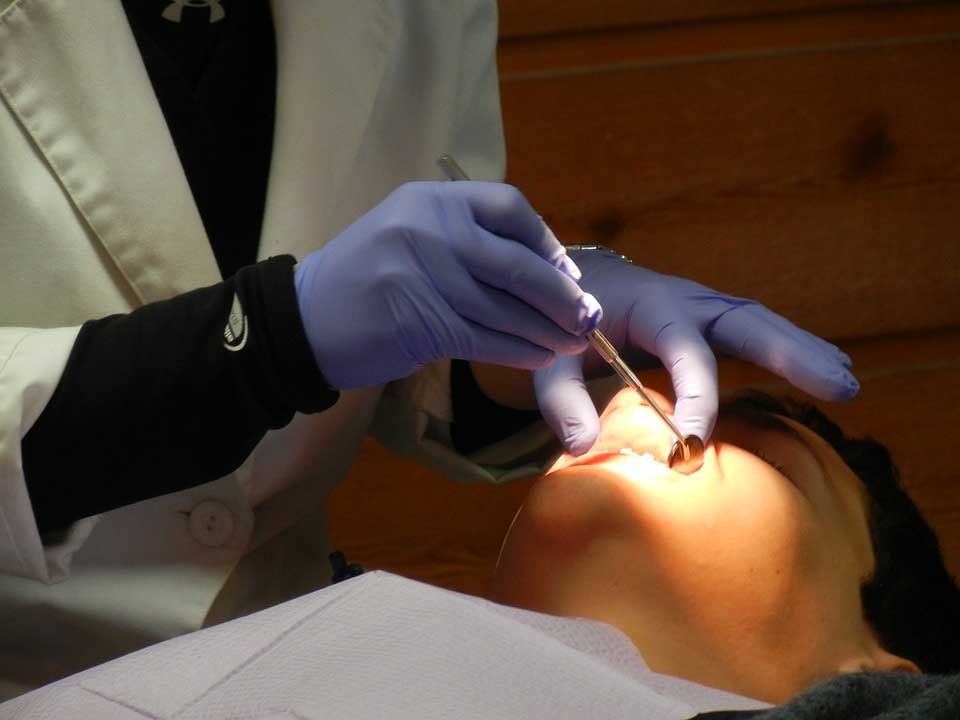What to Expect During Your First Dental Cleaning?
Your first dental cleaning can be a nerve-racking experience if you don’t know what to expect. Maybe you’re anxious about what will happen, or you’re nervous about potential oral health issues that might be discovered. Luckily, the process is pretty straightforward and painless. Let’s walk through the steps of a typical first dental cleaning so you can go into your appointment feeling confident and prepared.
Your Arrival and Initial Assessment
When you first arrive at the dental office, you’ll notice a reception desk. Here, your presence will be acknowledged, and you will be guided through some initial steps before your cleaning begins.
- Health History Form: Before any work is commenced, you will be asked to fill out a form that goes over your health history. This form helps the dentist know about any underlying health conditions or medications you might be on that could affect your oral health and any dental procedures. Some medical conditions have direct impacts on your oral health, so it’s crucial to disclose everything for the most effective and safest dental care.
- Initial Dental Exam: Once your health history form has been filled out and processed, a dental professional will conduct a basic examination of your teeth and gums. Using a small, sharp instrument called an explorer and a mirror, they will visually inspect your teeth and gums for signs of potential decay or gum disease. If any issues are found, they’re noted down, and a plan of action is formulated for either this visit or a subsequent one, depending on the severity and urgency of the problem.
X-rays and Oral Cancer Screening
Once the preliminary assessment is done, the next phase involves taking X-rays and conducting an oral cancer screening. These are preventive steps that help detect potential issues that aren’t visible to the naked eye.
- Dental X-rays: These images give the dentist a detailed look into your mouth. Dental X-rays can reveal problems such as tooth decay, damage to bone, tumors, poor tooth and root positions, and cysts. They are crucial in providing a comprehensive understanding of your mouth, particularly in spaces that are otherwise hard to view.
It’s a painless and quick process that involves biting down on a specially designed piece of plastic while an X-ray imaging machine is briefly activated.
- Oral Cancer Screening: This vital screening is an aspect that many tend to overlook, yet it’s very important. The dentist will inspect your neck, tonsils, throat, and soft tissue of your oral cavity for unusual masses, growths, or changes. This is an important step to diagnose oral cancers early when there’s a higher chance of successful treatment. This process is simple and quick and could significantly improve your long-term oral as well as overall health.
About Dental Cleaning
After the initial assessment and any necessary X-rays, it’s time for the main event: the dental cleaning. This procedure aids in keeping your teeth clean and cavities at bay. Let’s break down the process.
- Preliminary Oral Cleaning: To begin with, the dental hygienist uses small tools called scalers to remove plaque and tartar build-up from the surface of your teeth and near the gum line. Plaque is a sticky film of bacteria that builds up on your teeth when you consume certain foods and drinks. Tartar, or dental calculus, is hardened plaque that hooks onto the tooth surface.
Both plaque and tartar accumulation can lead to serious dental issues, such as gum disease and cavities. This is why professional dental cleanings are crucial for maintaining your oral health and preventing untreated plaque from turning into tartar.
- Tooth Brushing & Flossing: The next phase involves brushing and flossing your teeth. But this isn’t just any ordinary brushing. The hygienist employs an electric toothbrush and a gritty specialized toothpaste that scrubs each tooth thoroughly. They will also floss your teeth using professional techniques. Brushing and flossing are crucial steps for maintaining your oral health and preventing cavities. They help remove plaque, prevent bad breath, and reduce the chance of gum disease.
- Fluoride Treatment: Finally, they may apply a fluoride treatment. Fluoride plays a vital role in strengthening teeth and preventing tooth decay. By reinforcing the tooth enamel, you’re less likely to suffer from cavities.
Post-Cleaning Discussion and Dental Care Advice
Once the dental cleaning process is complete, it’s time for an essential conversation. This discussion aims to enlighten you on maintaining good oral health and preventing future dental complications.
- Dentist’s Advice: The dentist will discuss the results of the cleaning and exam, including any potential areas of concern. If any worrisome issues were discovered, they’ll discuss these with you and suggest suitable steps for treatment or additional preventive measures depending on the specifics of your situation. They’ll also give you advice tailored to your specific oral health needs.
- Home Care Instructions: As a part of the discussion, recommendations will be given for your at-home oral care. You will be educated on the techniques of proper tooth brushing, how to choose the right toothpaste, and the correct way to floss. These directions ensure a proper cleaning routine at home that complements and extends the results of your in-office dental cleaning.
Good oral health doesn’t just happen overnight. It requires a commitment to a routine of proper oral hygiene practices at home and consistent professional check-ups. This is why a regular dentist visit is key. It not only prevents dental emergencies caused by untreated issues but also keeps your smile looking and feeling its best.
About Dental Exams
One of the essential components of oral health is a regular dental examination. This is a thorough process involving several procedures that vary in complexity. From teeth whitening to pediatric dentistry, let’s explore what a routine dental examination entails when administered by qualified dental care experts in Rosedale.
- Teeth Whitening: If you’re unhappy with the shade of your teeth, this is the time to discuss it. Over time, it’s normal for teeth to discolor due to various factors such as food, drinks, tobacco use, age, and certain medications. Teeth whitening is a common procedure where the dentist uses a bleaching agent to lighten your teeth to enhance your smile.
- Pediatric Dentistry: For the little ones, pediatric dentistry is an area dedicated to addressing their oral health needs. Issues addressed could range from baby tooth decay to dental developmental problems. You will receive advice on preventive home care, suitable diet choices, and recommendations on dental sealants and fluoride needs for your child.
Dental check-ups play a vital role in maintaining a healthy mouth and a confident smile. Regular examinations ensure that any oral health issue is identified, managed appropriately, and treated early to prevent further complications and keep your smile at its best.
Conclusion
Maintaining a healthy mouth is an important part of keeping your overall health in check. Regular dental cleanings are vital procedures to ensure your dental hygiene is up to par. Equip yourself with the knowledge of the process, and you will find that there is nothing to fear about these visits.
In fact, being proactive about your oral health can encourage positive overall health outcomes. Remember to brush and floss regularly as instructed by your dentist, eat a healthy diet, avoid tobacco use, and make sure to schedule regular dental check-ups. By taking these steps, you can maintain a healthy mouth and a sparkling smile that can last a lifetime.















